Flax Seeds: 6 Incredible Benefits and Uses
Flax Seeds— 6 Incredible Benefits and Uses
Overview: What Are Flax Seeds?
Also known as linseeds, flax seeds had their origin in ancient China and Egypt. These tiny and shiny seeds of the plant named flax had a tremendous role in Asian Ayurvedic medicine for several centuries. Despite being so small in size, could you ever think how it could be a bunch of nutrition? Yes, each and every single part of this plant, whose scientific name is Linum usitatissimum which means ‘the most useful’, is packed with its own set of benefits.
Flax seeds have many great benefits like Chia Seeds, but they also provide a rich, if not the richest, source of omega-3 fatty acids called alpha-linolenic acid (ALA) from plants. They are an excellent source of dietary fiber and essential minerals such as magnesium, thiamine, and manganese. These seeds are also a great source of plant proteins for optimal health. Flax Seeds can be consumed as a whole seed, meal, or sprouted.
Nutritionally, it is difficult to obtain the necessary nutrients from the flaxseed because it tends to pass through your body undigested. However, grinding the seed makes it easier for you to absorb the soluble and insoluble fiber. What’s even better is that when you sprout the flax seeds (soak the seeds for 6-12 minutes or overnight in water or warm water for 10-20 minutes), it becomes more bioavailable for you to absorb all the nutrients.
Flax seeds can help improve cardiovascular health, hormone balance when fighting cancer, cholesterol, digestion, and even your skin. Flax seeds contain antioxidant-rich lignans to help reduce free radicals damage for anti-aging and cellular-regenerating effects.
Flax Seeds Nutritional Facts
The nutritional profile of flax seeds is very nutrient-den. Along with ALA omega-3 and Ligans, the seeds are known to contain Vitamin B6, Folate (Vitamin B9), Potassium, Zinc, and Iron. The USDA’s National Nutrient Database states that two tablespoons of flaxseeds contain approximately:
- 110 calories
- 6 grams carbohydrates
- 4 grams protein
- 8.5 grams fat
- 6 grams fiber
- 0.6 milligram manganese (26 percent DV)
- 0.4 milligram thiamine/vitamin B1 (22 percent)
- 80 milligrams magnesium (20 percent DV)
- 132 milligrams phosphorus (14 percent DV)
- 0.2 milligram copper (12 percent DV)
- 5 milligrams selenium (8 percent DV)
As you can see, there are many reasons to use and benefit from flax seeds.
The Benefits and Uses of Flax Seeds
So, if you are yet to include this amazingly beneficial power-packed plant in your daily diet, it is high time to do so. After all, who would not love to have a healthy heart, totally managed blood sugar levels, and considerably controlled lower cholesterol levels.
Available easily in the form of tablets, flour, oils, flour, capsules, powder, and of course, seeds, they are also a perfect shot for preventing deadly diseases like cancer apart from a host of other health issues including constipation.
Are you getting eager to know how to include it in your daily diet of health? Read on this article to know the clues. After all, you love being healthy and want to stay healthy for a long time, don’t you? And flaxseeds are a storehouse of fiber, omega-3(healthy fat or polyunsaturated fatty acids), protein, and you guessed it right, antioxidants.
No wonder, it is also referred to as a “functional food” to give a quick and steady fillip to your health. So, let us quickly take a journey into the immense benefits of incorporating flax seeds into our daily diet here—
- Flaxseeds and healthy heart—Flaxseeds are getting widely recognized as a great shot to keep your heart healthy. Yes, they help in ensuring perfect cardiovascular health, thanks to their richness in omega-3 fatty acid, fiber, a-linolenic acid, and lignans. It not only prevents heart problems but has great potential in controlling cardiovascular disease and reducing cholesterol Several studies have linked its consumption in lowering the stroke risk.
- Excellent for inflammatory diseases—It is considered to be a blessing for patients with inflammatory diseases including rheumatoid arthritis. It can help in controlling the inflammation caused by health issues like asthma and Parkinson’s disease due to the alpha-linolenic acid, lignans, and other such chemicals contained in it.
- Regulates blood sugar levels and helps in weight loss—The fiber components in flaxseed, both in insoluble and soluble forms, help in controlling blood sugar levels. In addition, it also helps to keep constipation at bay while aiding weight loss (being full of energy, they make you feel satiated quite early). The added benefit is lower LDL levels, thanks to the soluble fiber contained in it.
- Protection against cancers—It may have the potential to offer a shield against various types of cancers including colon cancer, breast cancer, and prostate cancer. And the onus must go to its antioxidant components. This has been asserted by the director of health and nutrition with Flax Council of Canada, Kelly C. Fitzpatrick.
- Amazing for women’s health— If you are a woman nearing menopause, flaxseeds may prove to be a blessing for you by controlling hot flashes. It may prove to be an ultimate answer to challenge the troubles related to menstruation and irregular periods.
- Flaxseeds for nutrition and great digestion—Packed with a plethora of enriching components including calcium, lignan, protein, magnesium, fiber, and phosphorous, it can be aptly called a powerhouse of nutrition.
How To Use Flax Seeds
As mentioned above, flax seeds can be used in various ways. The seeds can be used whole, sprouted, meal or the oil can be extracted from the seed. From my experience of using flax seeds over the years, the best way to use them is to sprout them. I recommend soaking the seeds in cold water for at least two hours or overnight or in warm water for a least 10 minutes before use.
You can also use a coffee grinder or any seed grinder to grind the seeds into a meal before eating them. I often grind the seed along with my smoothie, and it’s delicious. Although the flax meals are sold in stores, I recommend buying the seed and grinding it fresh. This is because you don’t know how long the flax meal was sitting
on the store shelf, and it may have lost much of its nutritional value. Worst, the oils in the seed when grounded may become rancid, causing more harm to you than healing your body.
You can also add the whole seeds to homemade yogurts, bread, cookies, muffins, etc., and enjoy the benefits (this would require that you chew the seeds to benefit from them). If you decide to opt for flaxseed oil, I suggest buying your oil from a reputable company. I buy my oils from Activation Products.
Of course, when purchasing your flax seeds, be sure to look for those that are raw, organic, and non-GMO. Store your seeds at room temperature or a cool place away from light for up to 10 months or in opaque containers in the fridge or freezer
The Risks and Side Effects of Flax Seeds
Although flax seeds have great benefits and because every BODY is different, there are sore some risks and side effects to consider. Flax seeds are extremely high in calories and may have laxative, constipation, or nauseating effect, and hormonal changes in some people when consumed in large quantities. Scientists found that pregnant and lactating women should not consume flax seeds as they contain phytoestrogens that may cause birth defects and/or spontaneous abortions.
Consumption of the seeds may also interfere with some medications including painkillers, blood thinners, blood pressure medications, cholesterol-lowering drugs, and NSAIDs. It is highly recommended that you consult your medical professional before supplementing with flax seeds. You should not consume more than 2 tablespoons of flax seeds per day.
Finally, avoid flax seeds if you have hormone-sensitive cancers such as uterine or breast cancer.
Final Thoughts:
Flax seeds contain a high amount of plant-based omega-3 fatty acid (ALA), high fiber, and mineral content such as phosphorus, magnesium, and manganese. It is also rich in antioxidants called lignans. Flax seeds can help with digestion, regulate blood sugar, reduce high cholesterol, increase satiety, help with constipation, and even help with weight loss. In short, it may become a recipe for great health, and the most bioavailable form of flaxseed is the one that is sprouted. Although it is not a magic wand, you may reap the best benefits if you include it in your diet consistently.
Kudos to flax seeds, your way to excellent health and happiness!!!
References—
- Bunch of nutrition— https://www.ncbi.nlm.nih.gov/pmc/articles/PMC4152533/
- Cardiovascular health— https://pubmed.ncbi.nlm.nih.gov/19568181/
- Heart problems— https://pubmed.ncbi.nlm.nih.gov/18606916/
- Reducing cholesterol— https://journals.lww.com/co-lipidology/Abstract/2004/02000/Phytosterols_and_cholesterol_metabolism.8.aspx
- Breast cancer https://www.webmd.com/breast-cancer/
- Aiding weight loss— https://newsinhealth.nih.gov/2010/08/rough-up-your-diet
- FoodData Central (usda.gov)

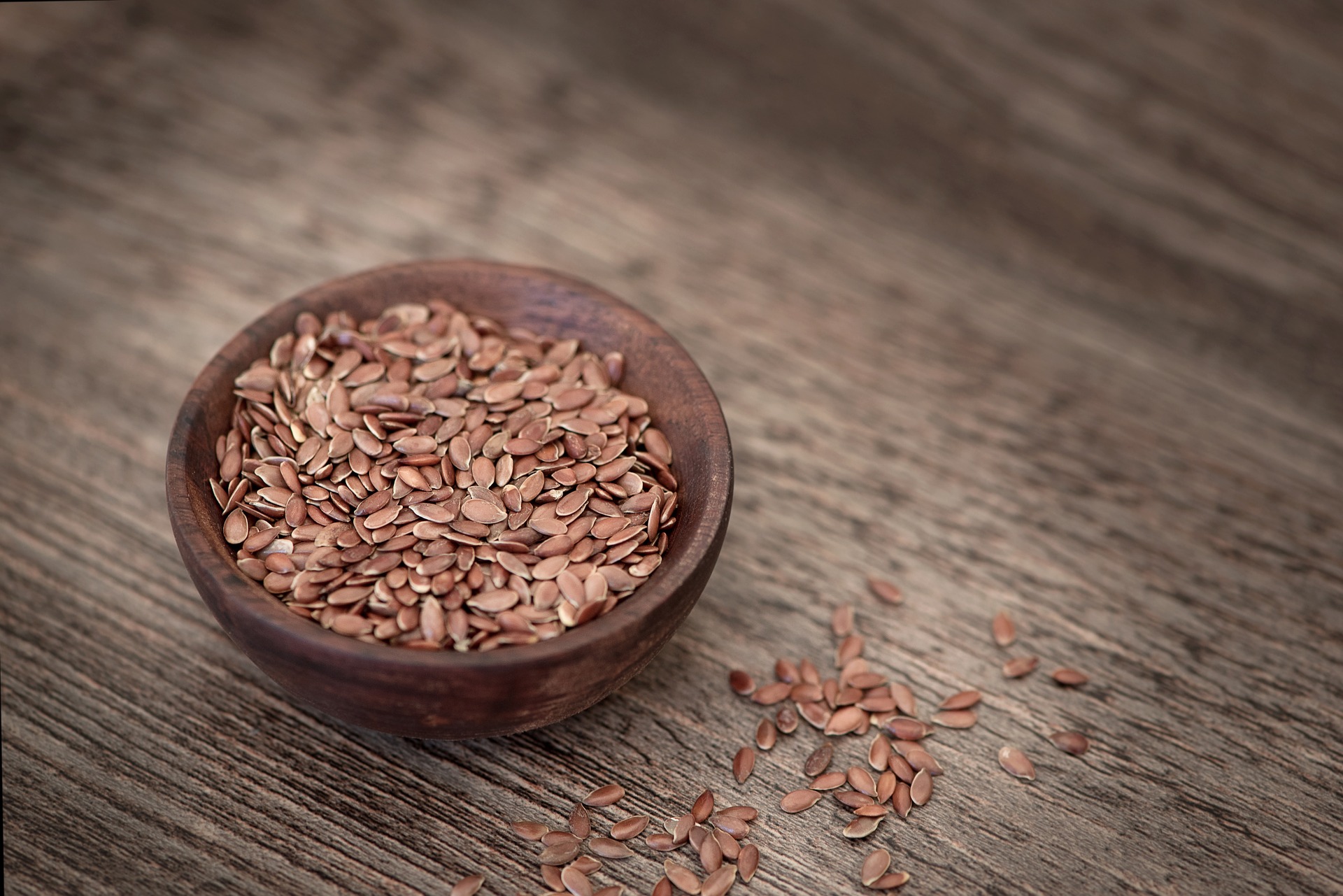
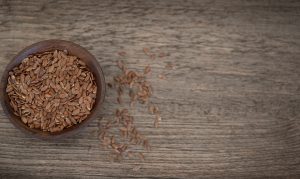
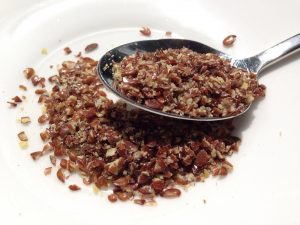
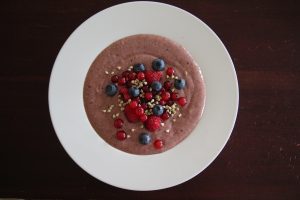

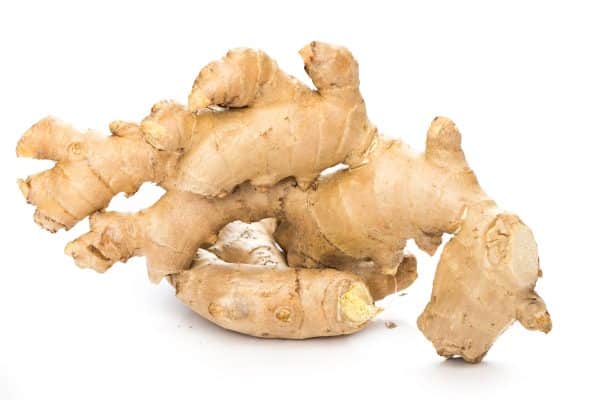
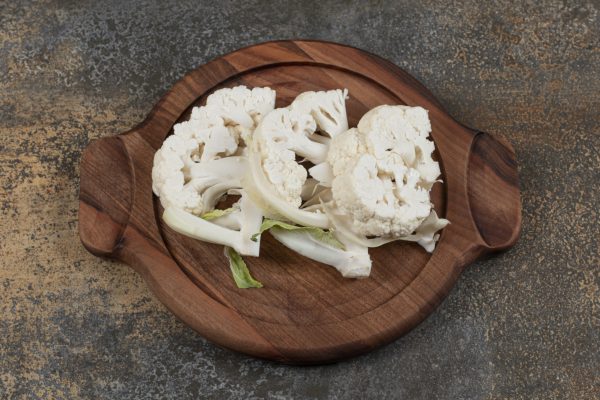
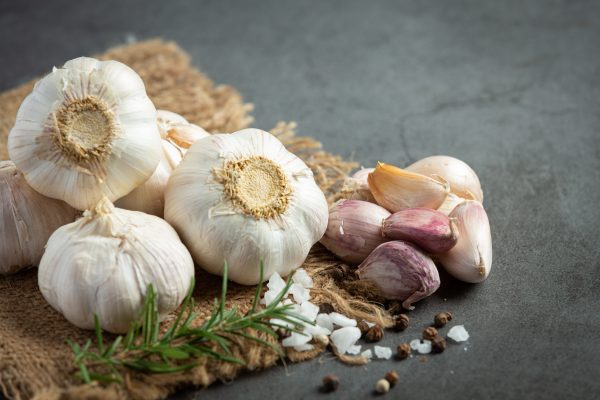

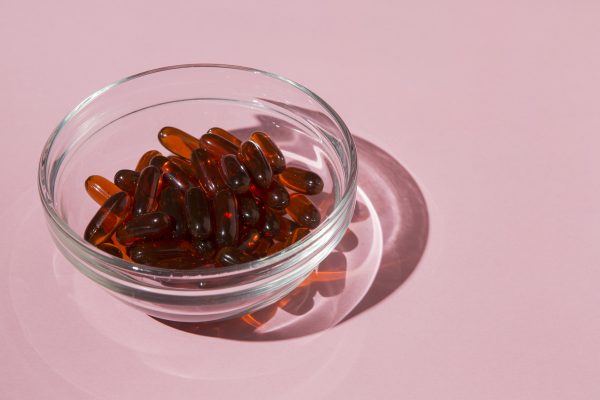




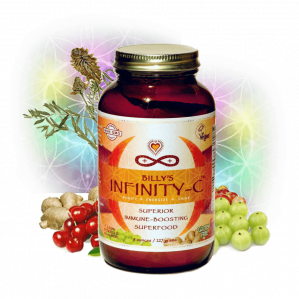
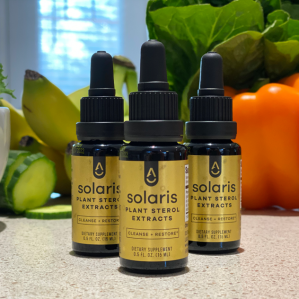
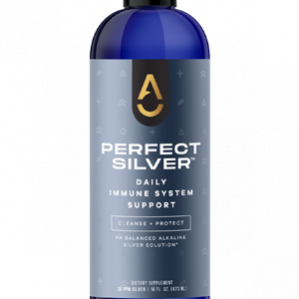











0 Comment